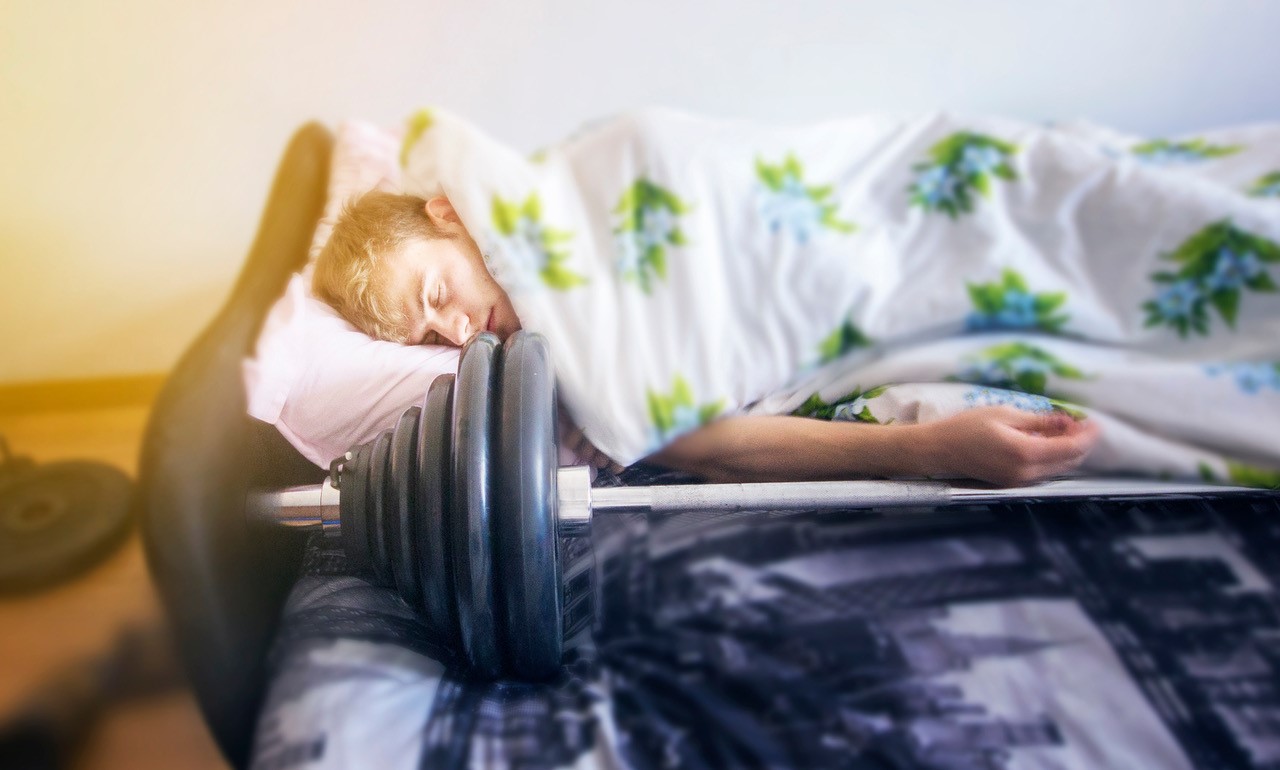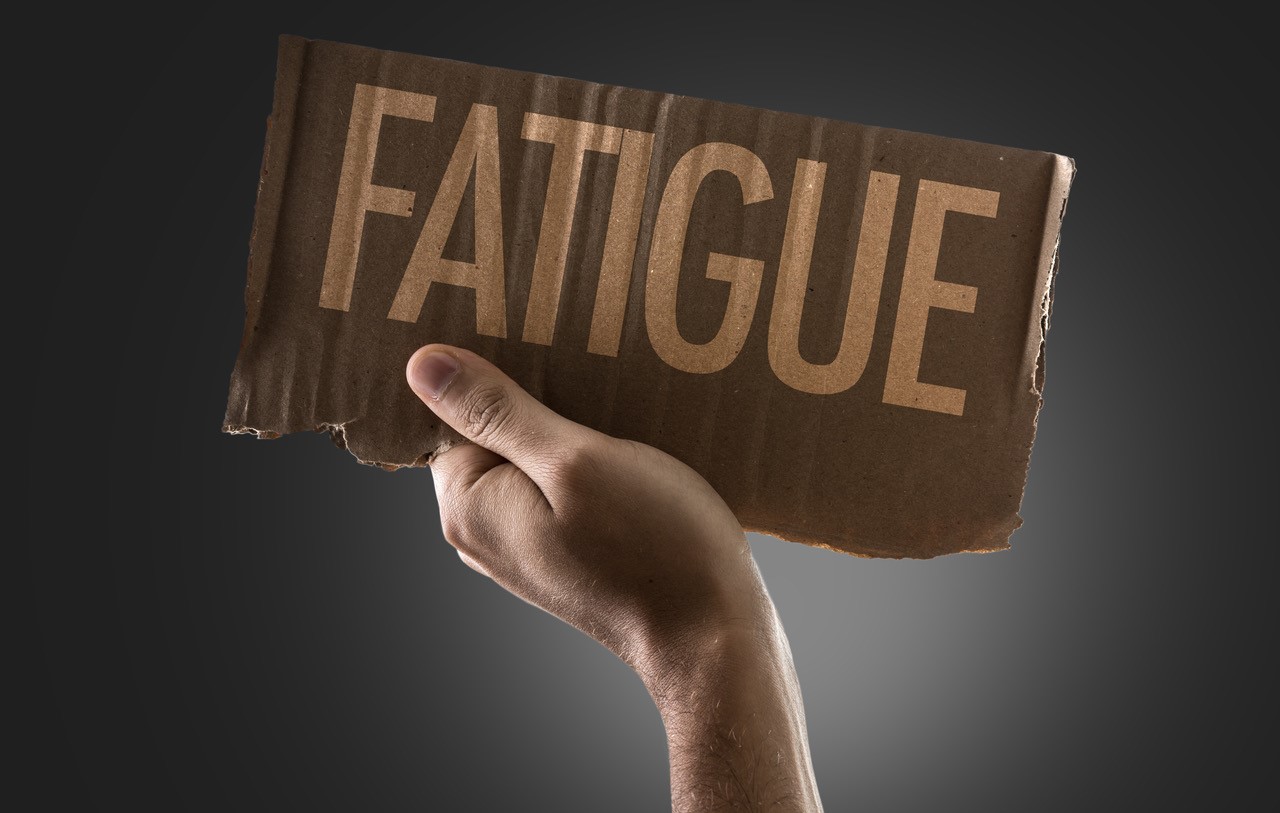

Do you typically sleep for at least 7 hours every night? If so, you can skip ahead and carry on with your day knowing that you’re on the right track.However, if the answer is no, then allow us to share some insights with you. We understand the struggles of sleep deprivation and can see past any attempts to conceal those telltale dark circles under your eyes. Keep reading to learn more.
First, Let’s address the most important issue at hand: If you’re currently in a fat loss phase and following a calorie-restricted diet, but not getting enough sleep, it’s crucial that you reconsider your approach. In fact, it’s time to put a halt to your fat loss phase immediately.
Even though the foundation of fat loss is based on the concept of calorie intake versus calorie expenditure, it’s crucial to understand that you need to establish certain lifestyle habits before you can successfully implement a calorie-restricted diet. One of the most essential factors is ensuring you’re getting adequate sleep.
Think of sleep as nutrition for your brain. When we don’t get enough sleep, our brain’s ability to make good choices is compromised, which can have negative impacts on our overall health and body composition.

Specifically, sleep deprivation affects the decision-making portion of our brain, which impairs our impulse control and mental clarity. In addition, our brain’s reward center becomes hyperactive and seeks out feel-good experiences, which often leads to seeking comfort in food. This is why when we’re sleep-deprived, we’re more likely to overeat or indulge excessively, even beyond the point of moderation.
Let’s talk about the hormonal impacts of sleep deprivation. When we accumulate sleep debt, it triggers an increase in cortisol, our stress hormone. Cortisol signals our body to conserve energy, typically in the form of body fat, to support us during our waking hours.
Furthermore, elevated cortisol levels can also suppress our ability to process insulin, which is responsible for converting sugar into energy. This can be problematic as insulin sensitivity is necessary for our bodies to process fats from the bloodstream. When our bodies become less sensitive to insulin, the fat is instead stored as body fat, which increases the risk of type 2 diabetes and other health problems.
Don’t expect to see any significant gains in your gym performance if you’re consistently sleep-deprived. It’s like trying to ride a bike with two flat tires.
When you’re not getting enough sleep, you’re more likely to experience performance plateaus or even regressions, quicker exhaustion, decreased power, and inhibited reaction times during your training sessions.

The physiological stress caused by sleep debt is already significant, but when you add the stressors of multiple weekly training sessions and a potential calorie deficit into the mix, you’re essentially inviting injury, suboptimal hormonal function, low sex drive, irritability, and cognitive depletion. It’s not a recipe for success.
Now let’s dive into some basic tips that can help you get more restful sleep:
Keep work and entertainment out of the bedroom and use it only for sleep and sex.Create a relaxing bedtime ritual that may include a bath, meditation, or reading.Consider using a white noise machine to help you relax and fall asleep.Avoid consuming caffeine 5-6 hours before your bedtime.Make your room as dark as possible as darkness triggers the body’s release of melatonin. Blackout shades can be helpful.Avoid going to bed hungry as the “don’t eat after dark” rule is a myth.Consider using CBD oil as part of your evening routine to promote relaxation and improve sleep quality.
| • | Shut down all screens at least an hour before your target bedtime. |
| • | Keep work and entertainment out of the bedroom and use it only for sleep and sex. |
| • | Create a relaxing bedtime ritual that may include a bath, meditation, or reading. |
| • | Consider using a white noise machine to help you relax and fall asleep. |
| • | Avoid consuming caffeine 5-6 hours before your bedtime. |
| • | Make your room as dark as possible as darkness triggers the body’s release of melatonin. Blackout shades can be helpful. |
| • | Avoid going to bed hungry as the “don’t eat after dark” rule is a myth. |
| • | Consider using CBD oil as part of your evening routine to promote relaxation and improve sleep quality. |
If you’ve read this far and absorbed everything we’ve discussed, congratulations! You must be a more functional zombie than we initially thought. Now, it’s probably time to turn off the screen and get some much-needed shut-eye.
Derek L. Riley
President/Chief Growth Officer
For information about the Blitz45 franchise opportunity, please visit
Franchise Opportunity
